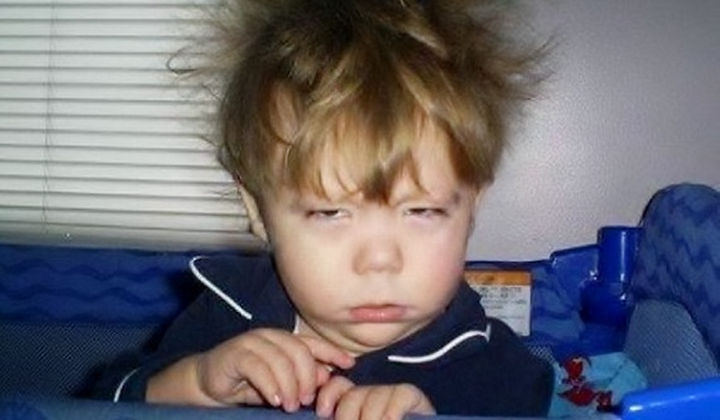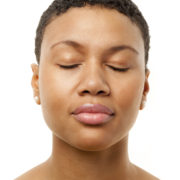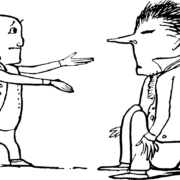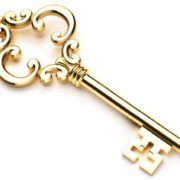Why do we have habits?
Are they necessarily bad?
So what if you had to get up every day and consciously note the steps it takes to get ready for work? Your steps may be different from these, but humor me for a moment.
Let’s say first you take off your pajamas, go into bathroom, turn on water, put a towel where you can reach it, wait for the water to get hot, select appropriate clothes to wear, turn on water, adjust faucet to desired temperature, get in shower, get all wet, put shampoo on your hair, scrub, soap up your body, rinse off, turn off water, step out, dry off, put towel on rack to dry, run a comb through your hair, put on underclothes, put on previously chosen clothes, brush your teeth. Tired?

You might just crawl back into your nice cozy bed and give up for the day if you had to do each of these complex brain functions using conscious choice, making decisions every step of the way.
And within each of these steps there are many smaller patterns and physical skills that your brain has organized for you based on your previous actions. Think about all the steps involved in simply brushing your teeth or putting on a pair of socks. Or how hard it is to learn to ride a bike until it clicks and your body knows what to do from that time forward.
Habits begin because the particular pattern of behaviors serves us in a positive way at the time they begin. We could not exist in a healthy way without the brain’s ability to lay down these neuronal patterns.
However, sometimes a habit can stop serving us.
Recently I watched a biopic called Love and Mercy about Brian Wilson of The Beach Boys. He grew up with an abusive father, an absent alcoholic mother, and was constantly under pressure to produce hits for his brothers to record and perform. At one point, he began to take LSD to escape his emotional pain, which worked for awhile. But as time went on, this habit severely exacerbated his depression, lead to hallucinations and a steep decline in his mental and physical health–all made even worse by an unscrupulous doctor. He left his true self with this new pattern, and it was years before he was able to return to a life of love and well being. The new pattern Brian had adopted to escape his pain no longer served him, and lead to further unconscious choices that nearly killed him. And I don’t think for a minute he made these choices on purpose, nor do I place any blame on him for making them. At the time, they were a matter of survival.
The point is that your brain, marvelous organ that it is, looks for patterns so that tasks can be automated. There is no conscious thinking involved in that morning routine except for that interruption when you looked in the mirror and decided your bed head really needed taming before leaving the house. As an added benefit, during your grooming routine, you are able to think of a million other things: plan your day, consider an earlier conversation, or make a mental shopping list. Your grooming “habits” work to free you up mentally so that you can consciously engage in other tasks. You get the idea.
So this all begs the question, if a habit no longer serves us, how do we get rid of it? Can we get rid of it? I left a clue in this post.
To find out, stay tuned for part II of this post.











Leave a Reply
Want to join the discussion?Feel free to contribute!